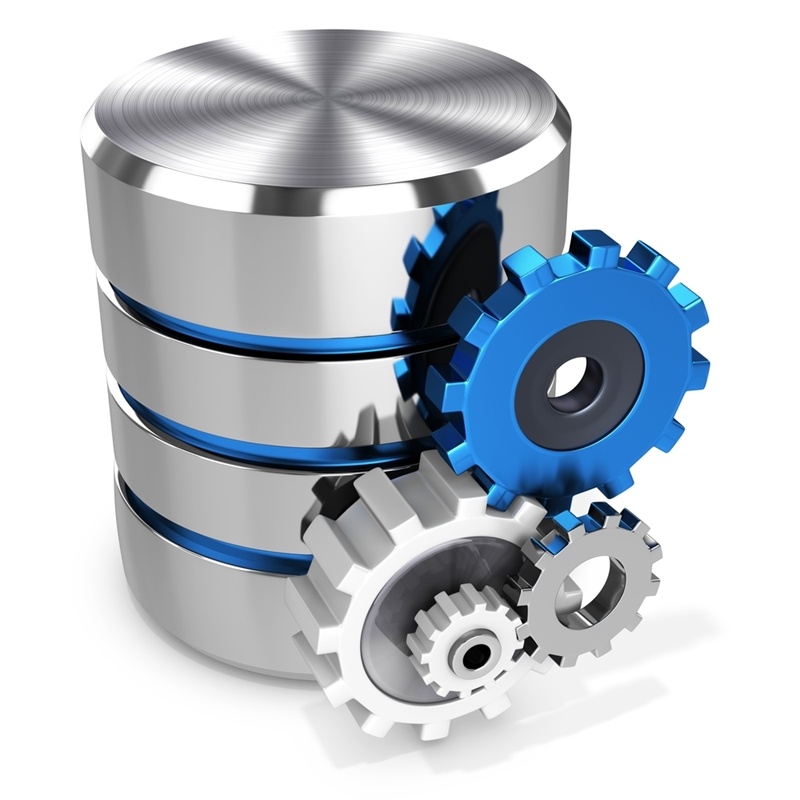Continuing from where we left off in part one, let's look at a few other ways in which cloud financial software can boost organizational efficiency. Upgrading from manual spreadsheet-based processes and/or legacy desktop software such as QuickBooks is not a luxury but a necessity for many SMBs, which are now faced with the need to support employees on many different devices and in faraway offices.
Cloud accounting software is easy to use and painless to maintain, since the cloud service provider takes care of updates, security, etc. As such, it is becoming a more popular choice for small businesses everywhere, with 11 percent of them worldwide now on board with Web-based solutions, according to a 2014 survey of 1,622 SMBs. Here are three major benefits to moving your company financial processes into the cloud.
1) Fewer IT headaches
Running financial applications on-premises allows for a high level of control, but at a cost. In addition to the expenses of traditional software licensing, there is the necessary ongoing maintenance of infrastructure for everything from backups to remote connectivity.

Less IT infrastructure maintenance is a huge benefit of switching to cold accounting.
With cloud solutions, these potential stumbling blocks can be removed. A simple software-as-a-service subscription covers all the bases, from daily use of the application to essential security upgrades that happen on the backend.
2) Strong support for global business growth and consolidation
Cloud-based accounting is much more scalable than traditional processes. Not only can additional users be supported at a relatively low cost, but the software itself can be adapted as new business requirements arise.
"Cloud-based accounting is much more scalable than traditional processes."
For example, what if your business were conducting operations in multiple countries and required compatibility with different currencies? Cloud financial software makes it easy to automate currency conversions and comply with local tax reporting rules.
3) Less redundant data entry
Using tons of additional Microsoft Excel sheets to close out your books can take its toll. The data entry can greatly extend the time it takes to format and submit your financials, while also requiring extra staff to handle the task. Moreover, any unforeseen changes can throw a wrench into the works and require the inputs to be done all over again.
Closing is much easier with cloud accounting tools. A simple click of the button is often all you need to keep modules up to date. Staff can invest more time in analyzing your numbers rather than just entering them into an Excel sheets.




